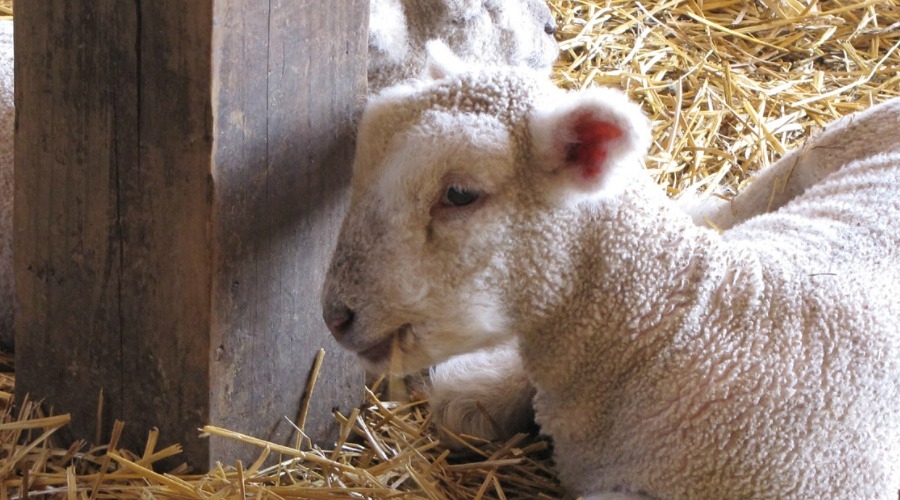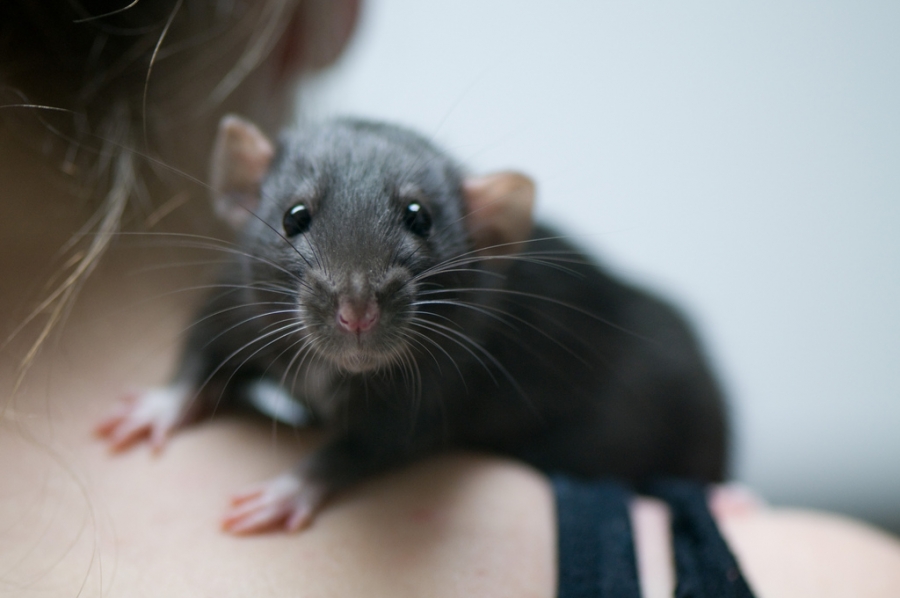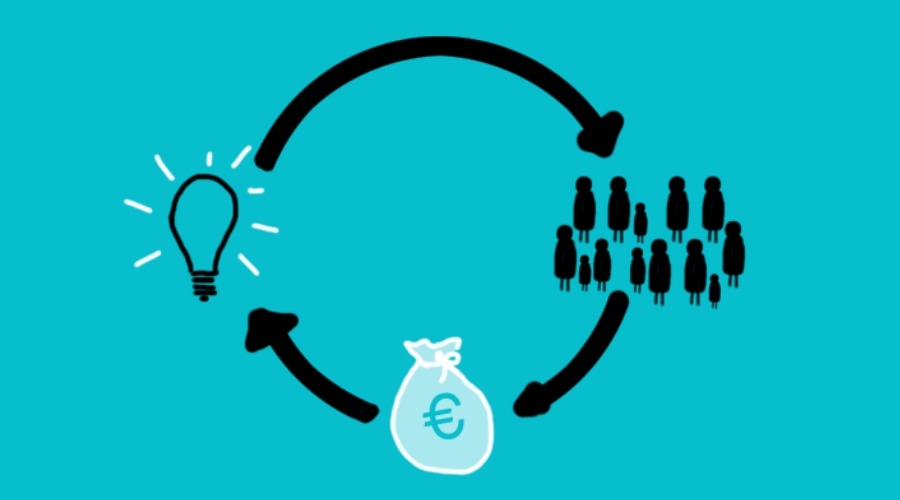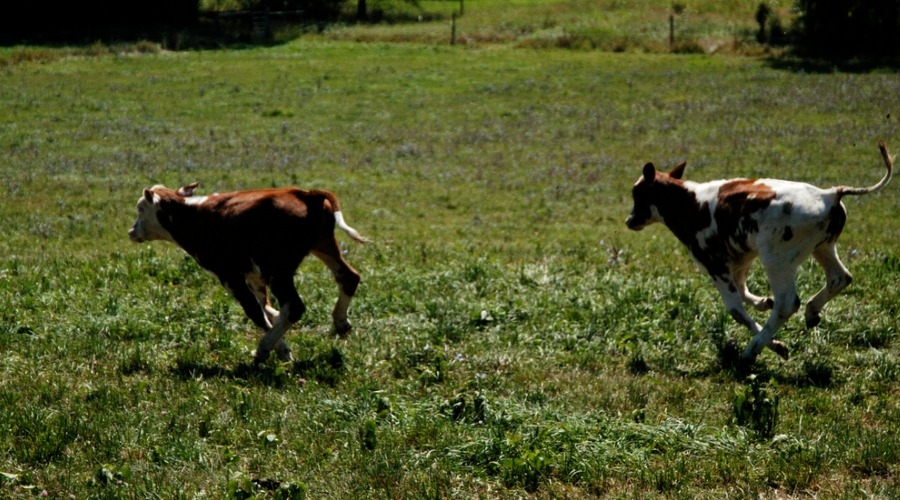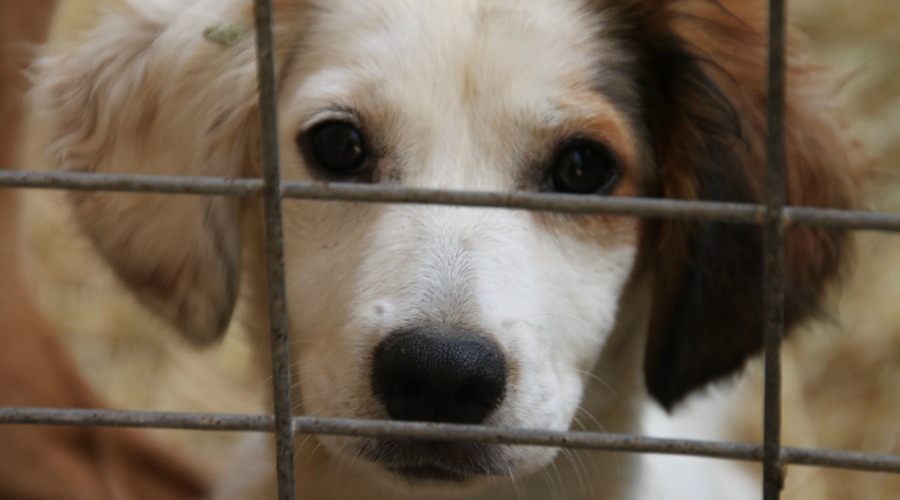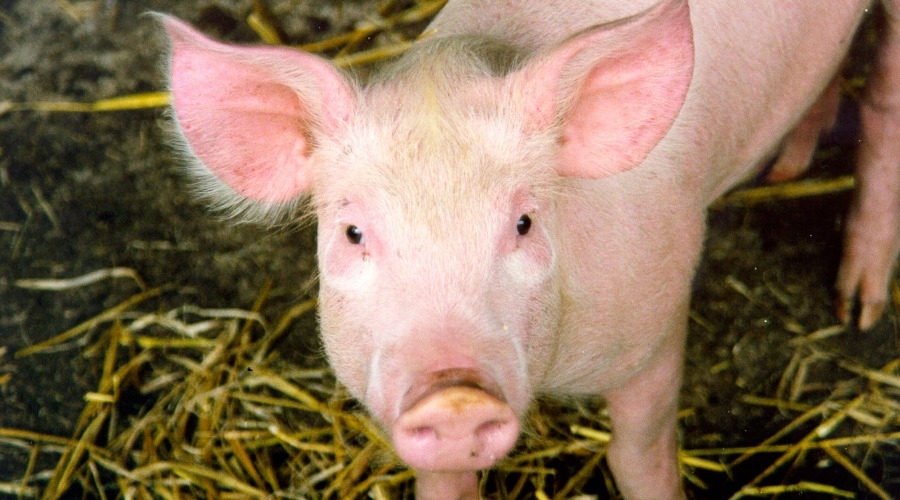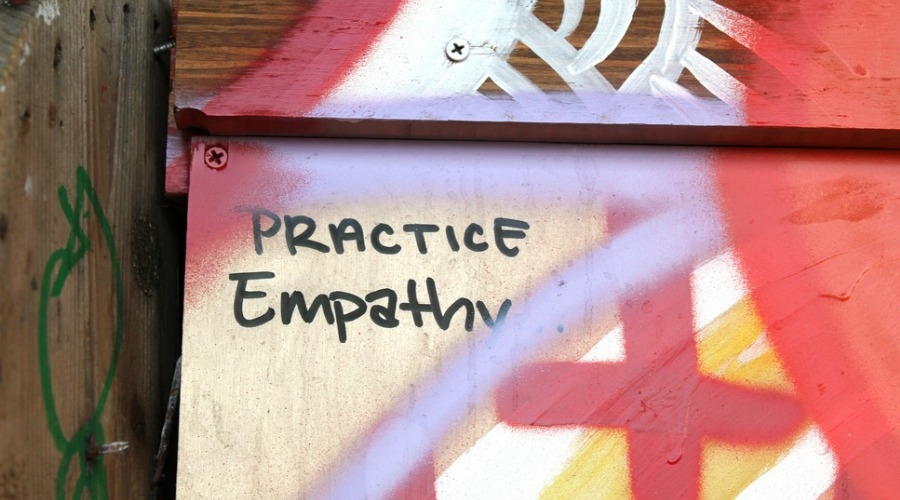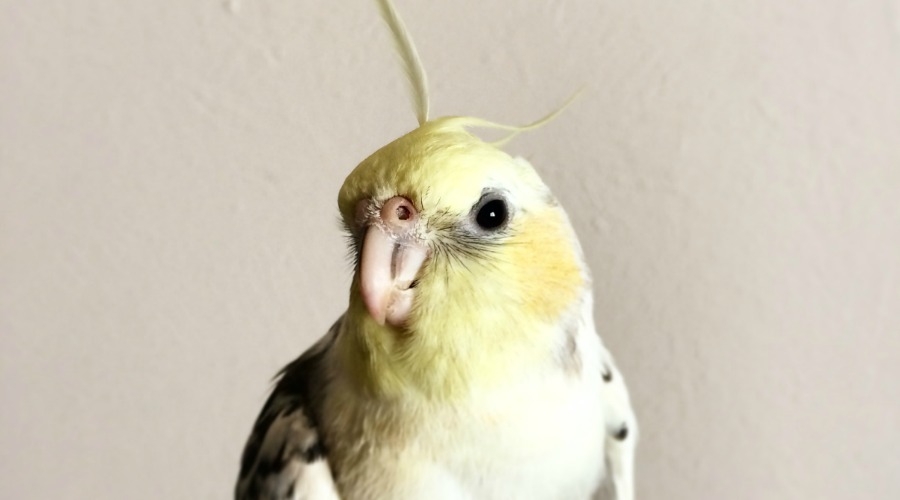
Progress for Animals at the OIE: The Good, Bad, and Ugly!
Written by Janice CoxI recently returned from Paris, where I attended the World Organisation for Animal Health (OIE)’s General Session of the World Assembly (24-29 May, 2015). World Animal Net is a member of the International Coalition for Animal Welfare (ICFAW). The only animal protection organisations present were World Animal Protection (as an OIE partner), ICFAW and the Brooke (both as observers). I was one of the two ICFAW delegates.
Three Times Animal Sentience Made the News This May
Written by Jessica BridgersAt World Animal Net, we define sentience in our forthcoming Model Animal Welfare Act as the capacity to perceive or feel things--more specifically, sentient beings share with us consciousness, feelings, emotions, perceptions – and the ability to experience pain, suffering, fear, distress and states of well-being. Animal sentience is a major underpinning for nearly all the philosophies that explain why animals and their interests deserve consideration and flies in the face of traditional Western views of animals as “automatons” who feel no pain and do not suffer, and consequently are “things” that humans can do with as they like. While animal advocates have long been criticized for their views as being based in passion and not rationality, science is now confirming what advocates have always known.
Fundraising in the Digital Age: What is Crowdfunding and How Can Your Organization Use It to Support Your Work?
Written by LoveAnimals.orgThis week we are exploring the new world of crowdfunding: what it is and how to do it. To answer these questions, we reached out to innovative crowdfunding website LoveAnimals.org. The only free crowdfunding site focused exclusively on animal causes, this nonprofit was launched in 2013. Since then, it has been outperforming other crowdfunding sites, both for- and nonprofit. We spoke with them to get their insights into the world of crowdfunding for animals.
Animal Politics: The Rise of Animal Advocacy Parties
Written by Akisha Townsend EatonThink it’s impossible to stand up for animals at the voting booth? You may wish to reconsider. From politicians who vocally support strong animal protection legislation, to citizen-directed animal protection initiatives presented directly to the voting public, opportunities for putting the ballot to work to improve the lives of animals abound. Public discourse around animals and politics is also becoming more frequent, as illustrated by a recent conference in Bristol. There’s even a fully funded Ph.D. program that welcomes a concentration on the political representation of nonhuman interests.
Encouraging Positive Actions for Animals: What Advocates Should Know About Motivating the Average Person
Written by Jessica BridgersAs animal advocates faced with difficult and heart-wrenching problems on a daily basis, it can become all too easy to think that the people whose behavior we seek to change operate using the same type of reasoning that we do. When we begin thinking that everyone is operating using the same basic rationale it becomes increasingly difficult to understand why most people, when confronted with the same information, do not adopt the same behaviors that we ourselves have adopted.
Advocacy Spotlight: International Companion Animal Management Coalition (ICAM)
Written by Kate AtemaThis week WAN is highlighting the work of the International Companion Animal Management Coalition (ICAM), an organization supporting the development and use of humane and effective companion animal population management around the world. ICAM's current chair, Kate Atema, was kind enough to answer our questions.
Pushing the Legal Envelope for Animals
Written by Akisha Townsend EatonPerhaps many of us have seen a version of this familiar story unfold on the set of a television drama. In a groundbreaking case, a chimpanzee takes the stand while his attorney uses sign language to defend his right to freedom from captivity. While the details won’t play out exactly like this in an upcoming hearing next month, something groundbreaking has happened in U.S. legal history for animals. Brought by attorneys from the Nonhuman Rights Project, a precedent-setting lawsuit seeks a “writ of habeas corpus” for Hercules and Leo, two chimpanzees currently held in a New York research institute. Advocates hope that this step will allow them to successfully challenge the chimps’ detainment while answering a fundamental question: whether nonhuman animals can be entitled to the right of bodily liberty. Last week, the nonprofit received a bit of potentially positive news after a New York judge issued an order to show cause, compelling the defendants to provide legal justification for their detainment. If the nonprofit prevails, the chimps could be moved to a sanctuary within the North American Primate Sanctuary Alliance.
Help Companies Take Responsibility toward Animals
Written by Monique JanssensThough large companies have a huge impact on animals, they communicate little sense of responsibility for their welfare. This is the sad conclusion of a study I carried out with Professor Muel Kaptein at RSM Erasmus University Rotterdam. Less than half of the 200 largest companies in the world (from Fortune Global 500) make statements of responsibility toward animals on their websites. The other 53% do not mention responsibilities toward animals at all on their websites.
Stress, Empathy, and Compassion Fatigue in the Animal Protection Movement
Written by Janice CoxStress and compassion fatigue have long been recognized as real and ever-present threats for animal protection workers and volunteers. If not tackled effectively, these can ruin the animal protection missions of committed, altruistic individuals (and sometimes also their personal lives).
Rats Understand & React to Facial Expressions of Other Rats, but What About Birds?
Written by Jessica BridgersSeveral years ago, while working on my undergraduate degree in biology, I took a course in vertebrate zoology. This course required the rote memorization of hundreds of traits about both extinct and extant (still living today) families of vertebrates, from the solemnly repulsive hagfish to our familiar and celebrated mammals. One of the traits that was listed for our memorization was that birds do not possess facial expressions.

